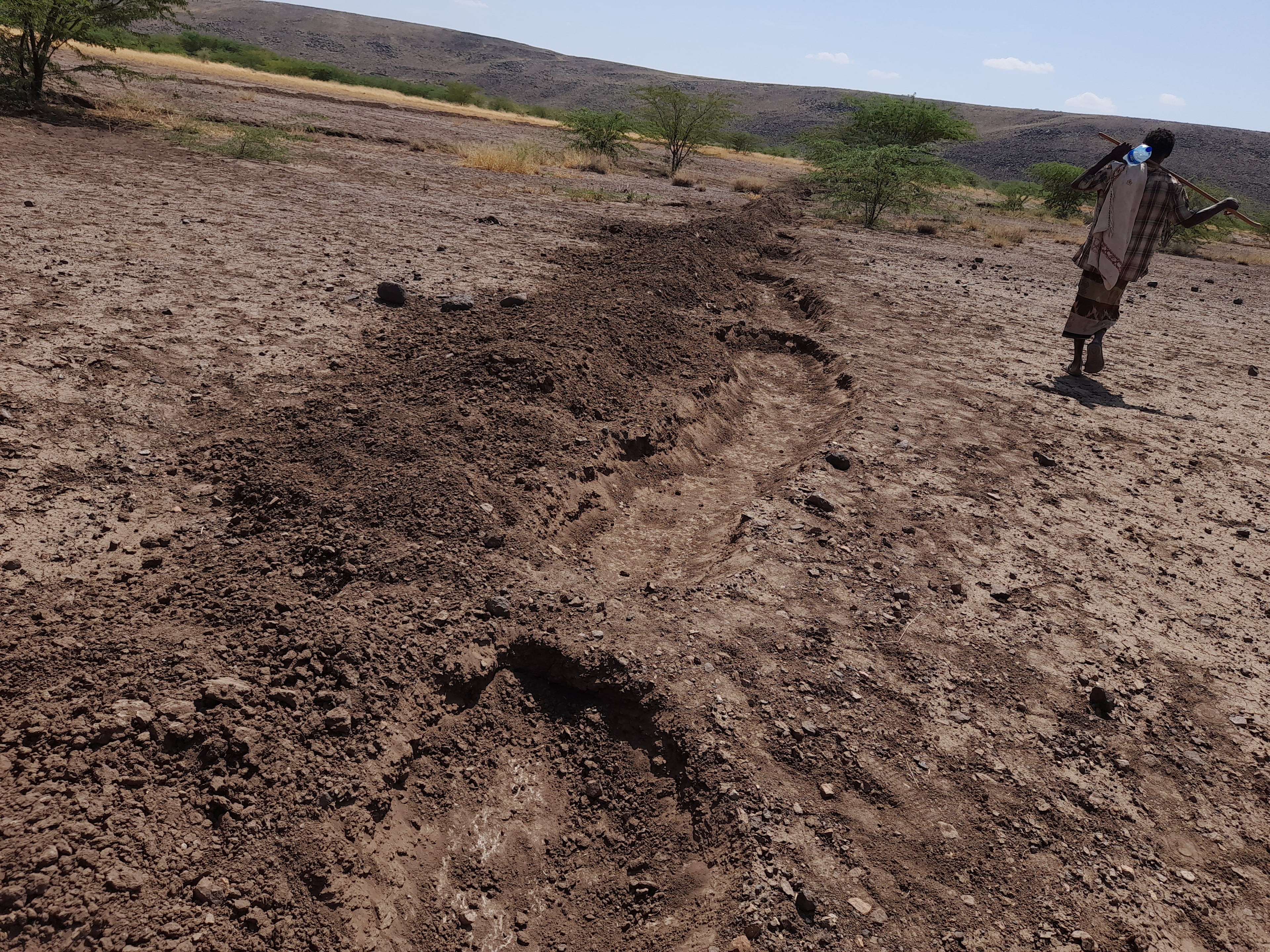Locally-led adaptation in practice
Knowledge development and sharing experiences are essential factors in achieving the outcomes of RtF initiatives. This page features inspirational stories on locally-led adaptation from various RtF initiatives.
Bangladesh: How Friendship turns the tide
Friendship is an international social purpose organisation based in Bangladesh. It envisions a world where everyone has equal opportunities to live with dignity and hope. Shaira Rahman is a dedicated employee of Friendship, which follows 4 core values: Saving lives, empowerment, climate adaptation and poverty alleviation. As an advocate for locally-led adaptation and nature-based solutions, she explains how the community takes ownership and becomes more resilient to climate change.
Bangladesh: How Uttaran turns the tide
Uttaran is a Bangladeshi social development organisation that supports the poor and vulnerable in their struggle for human rights and social justice. Zahid Shashoto works for Uttaran, which means 'transition' in the Bangla language. He strongly advocates the Locally-Led Adaptation principles implemented through the Reversing the Flow (RtF) programme. He shares his experiences with these principles in the first year of the project by answering 5 questions.

Ethiopia: The potential of locally-led adaptations
Despite good intentions, development cooperation often overlooks the local people's needs. Also, interventions may not be sustainable due to a lack of local ownership. Crises, foreign interference, local politics, and the lack of action by local authorities sometimes result in donor-dependent habits. The Reversing the Flow (RtF) programme is a journey of discovering how to turn this tide. RtF empowers communities to find solutions to their challenges and take action themselves. Local organisations support these communities. 2 local Ethiopian organisations explain their different approaches.

Sudan: "Changing your approach every day"
Izzeldin Hashim Mohammed works for SOS Sahel Sudan as Head of Programs with a background in business administration and integrated water resources management (IWRM). He supervises the RtF Water Security and Climate Resilience project in the Bara region. This project has had more than its fair share of challenges. Yet, Izzeldin does not get discouraged. Instead, his passion and enthusiasm increase as challenges come his way.
- Ministry of Foreign Affairs